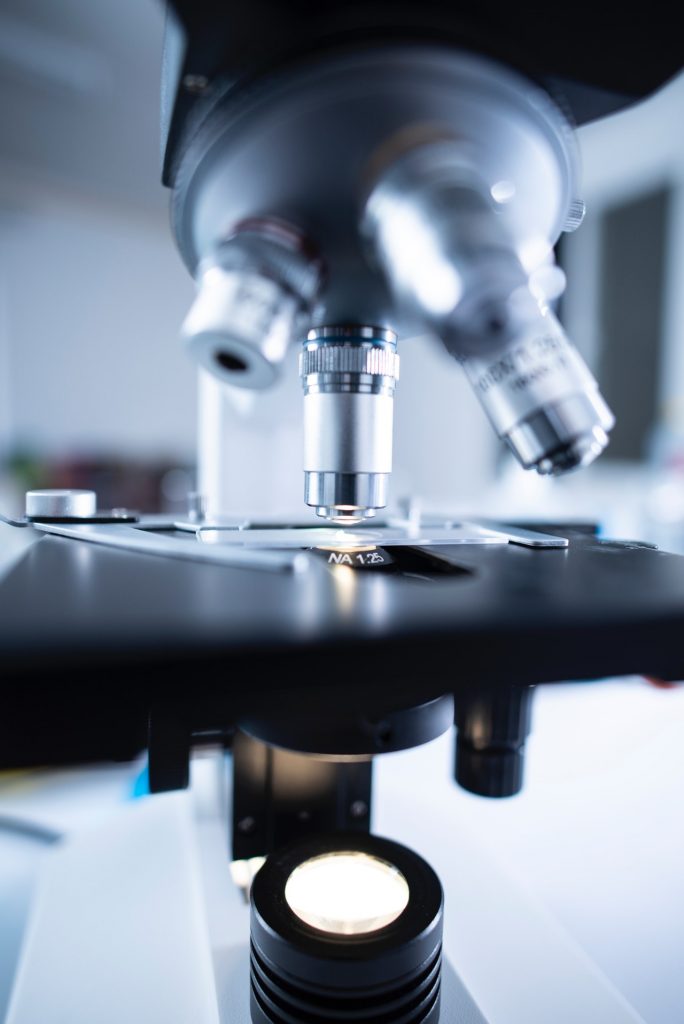Not only did we recently ring in a new year, but we rang in a new decade as well! With the turn of a new decade, many have high expectations for change and advancement in a variety of fields. The fastest-growing industries according to the US Bureau of Labor Statistics include software publishers, oil and gas industry, and health care offices and equipment.
These sectors have a large impact on many lives as nearly all of us have “smart devices” now that depend on software updates, vehicles and houses that require energy, and the desire to live our longest and fullest lives, relying on the evolution of medical technology. 2019 saw progress in treatments, diagnostics, and research, and the new decade will follow suit.
Artificial Intelligence
While many warn about the consequences of introducing AI into our daily lives, there are also several benefits. There is no substitute for human doctors, but artificial intelligence can greatly enhance a doctor’s ability to catch disease early, analyze data, and clinically problem-solve to find a tailored solution for individuals.
Some AI systems are created as new programs entirely or are made to enhance an already used technology. For example, Ezra AI is paired with magnetic resonance imaging, or MRI, to screen for early-stage cancer. MRIs are non-invasive and do not expose you to any radiation so it is considered a very safe and effective tool.
The Ezra AI system assists highly trained radiologists in reading the MRI for your best chance at an accurate result. While it does not replace a physician, it increases the accuracy as it compensates for human error. Another exciting development in screening and AI is the LYNA, which is short for Lymph Node Assistant. This device pre-scanned slides from biopsies taken to identify mammary cancer. This device was able to correctly detect a sample as cancerous or non-cancerous 99% of the time.
Electronics
Aside from artificial intelligence, the devices themselves are constantly progressing to meet the needs of an advancing medical field. Companies like Pensar are using designers and engineers together on projects to bring together the software and firmware in a way that not only meets FDA regulations but goes above and beyond in design and electronic refinement.
While things like ultrasound images or X-ray images may be nearly impossible to interpret by the untrained eye, the trained physician can detect minute defects that are causing problems. It is of utmost importance that their image resolution and quality of machinery can match their level of expertise.
New machines like the Pensar iE33, which is a cardiology specific ultrasound machine, combine industrial, mechanical, electrical, and software engineering to produce top of the line equipment that aid in physician diagnostic accuracy and speed.
Genetics
Knowledge about your genome can be key in unique diagnostic and treatment approaches. Genomic research has advanced so rapidly that kits exist today like 23andMe or Ancestry where you can get your genome sequenced within only a few weeks and can learn not only about your heritage but your likelihood of contracting certain diseases.
Genomics has its place in medicine as it allows doctors to take individualistic approaches to your health care. This is especially true for pharmacogenomics, or using an individual’s genome to understand if a certain drug therapy will be effective, and if what dose. Whole-genome sequencing lets you know if you may contract a rare disease, which means you and your doctor can be more diligent in screening and prevention. This kind of research is evolving very fast and soon, having your genome sequenced may be a component to leading a longer and healthier life with personalized medicine at the forefront.
Stepping into the year 2020 means also stepping into the future of technology and medicine. As the field continues to grow at an exponential rate every year, we can be certain that the quality and longevity of life is in the capable and trustworthy hands of our technical and medical researchers. Innovation will be the new norm and general healthcare will improve for many in the new decade because of it.



